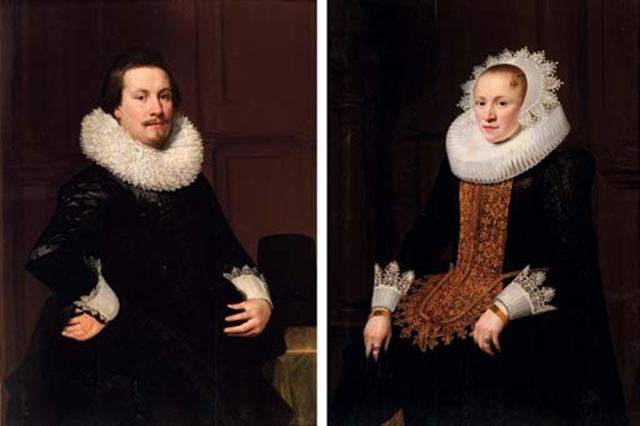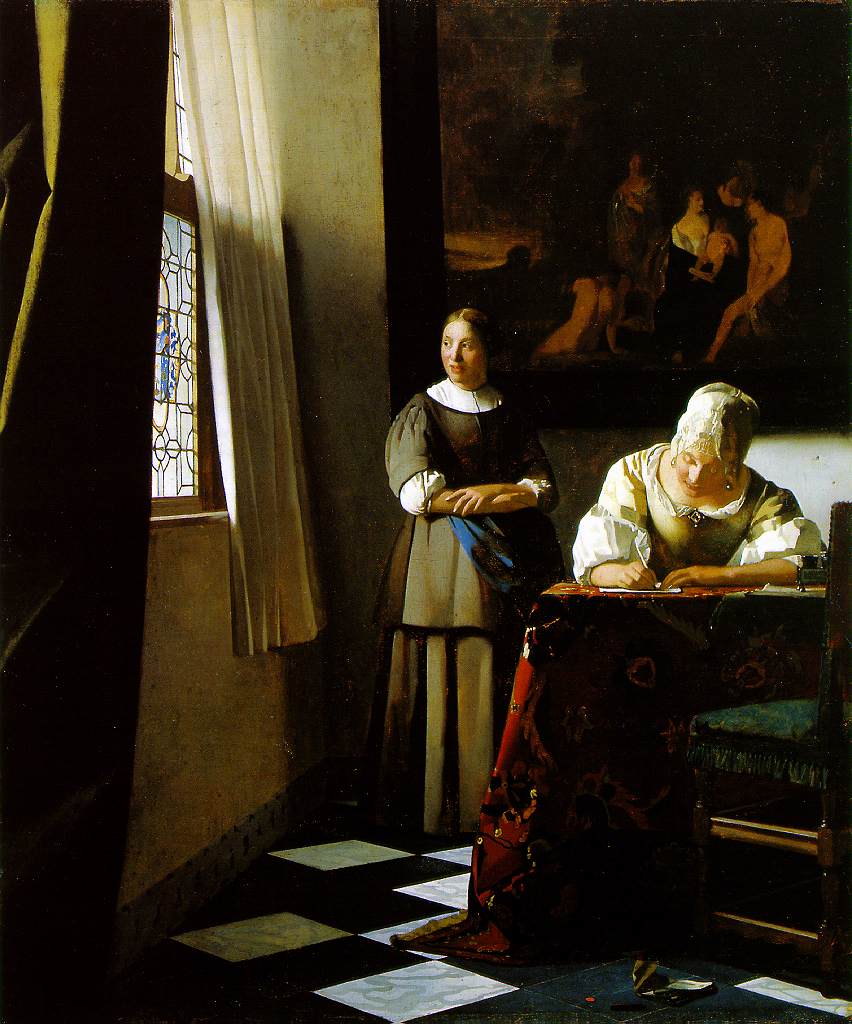I’ve been reflecting lately on my fate as someone who studies early modern history. For me personally, being an early modernist means I get to study a world
 with few strict borders, really big personalities, and lots of mystery. For my students, apparently, enjoyment of this era is primarily connected to obsessive attendance at Renaissance Fairs. The longer I teach, the more my undergraduates’ insistent connection of everything we study with the present day weighs on my class time, my reading, and even my research into the modern period.*
with few strict borders, really big personalities, and lots of mystery. For my students, apparently, enjoyment of this era is primarily connected to obsessive attendance at Renaissance Fairs. The longer I teach, the more my undergraduates’ insistent connection of everything we study with the present day weighs on my class time, my reading, and even my research into the modern period.*However, I’m increasingly convinced that those of us who study the pre-modern world play a crucial role within our departments and the broader profession. Part of the nature of “modernity” is that we know where history is going. The world is always becoming more mechanized, specialized, literate, committed to democracy, always on the way to the nation-states we are now divided into. Our situation in the modern period means we’re consistently looking in the past for how we got to be how we are now, and it limits our imagination.
Those of us who study the pre-modern world, if we’re careful, get to bring a few more possibilities to the table. First, we frequently have fewer texts, and often less information about our subjects. This does not mean we can’t tell true stories about our past, but that the evidence for those stories requires slightly different skills than is often asked of historians who study the modern world. The people and situations we study are allowed to retain some of their shadowy characteristics. Second, those men and women before and outside the triumph of the Enlightenment did not “know” where the world was going yet. Their writings are less driven by the paradigm of progress and national identity. Their world was more steeped in mystery and they also remain a bit mysterious to us.
So the early modern historian can bring a bit of drama to the table—my sources did not know about the framework of the modern world, so I can also try to suspend knowledge, if I choose.
 They often leave their evidence in the form of stories, which allows me to retain my commitment to storytelling as part of the art of history. My subjects’ knowledge was contingent, and so is mine. This is also true for those who study the modern world, but perhaps early modernists’ are forced to be more aware of it.
They often leave their evidence in the form of stories, which allows me to retain my commitment to storytelling as part of the art of history. My subjects’ knowledge was contingent, and so is mine. This is also true for those who study the modern world, but perhaps early modernists’ are forced to be more aware of it.We early modernists are important to our more numerous colleagues who study the relatively recent past because our attitudes and practices reinforce the historians’ commitment to drama, mystery, and asking creative questions of difficult sources. But we are also important because our knowledge is so often “useless.” As we collectively wring our hands over the commodification of knowledge and the future of the history professor, it is those of us who study the pre-modern world who have developed skills in explaining what we study in such a way that it seems “relevant” to the obsessively presentist mind. You need us around. Besides, who else is the world going to turn to when it becomes clear that previously frivolous fields of study such as early modern piracy in the Indian Ocean aren’t so silly and extraneous after all?
*I use “modern” here to mean roughly the nineteenth and twentieth centuries. We can argue about that later, if anyone is interested.
Lisa Clark Diller is assistant professor of history at Southern Adventist University. She earned her Ph.D. in Modern British History at the University of Chicago in 2003. Diller is especially interested in the origins of religious toleration in 17th-century England.






1 comment:
Great post! Captures so thoughtfully the draw of the early modern. And what a fascinating world it is...
Holly
http://www.wondersandmarvels.com
Post a Comment